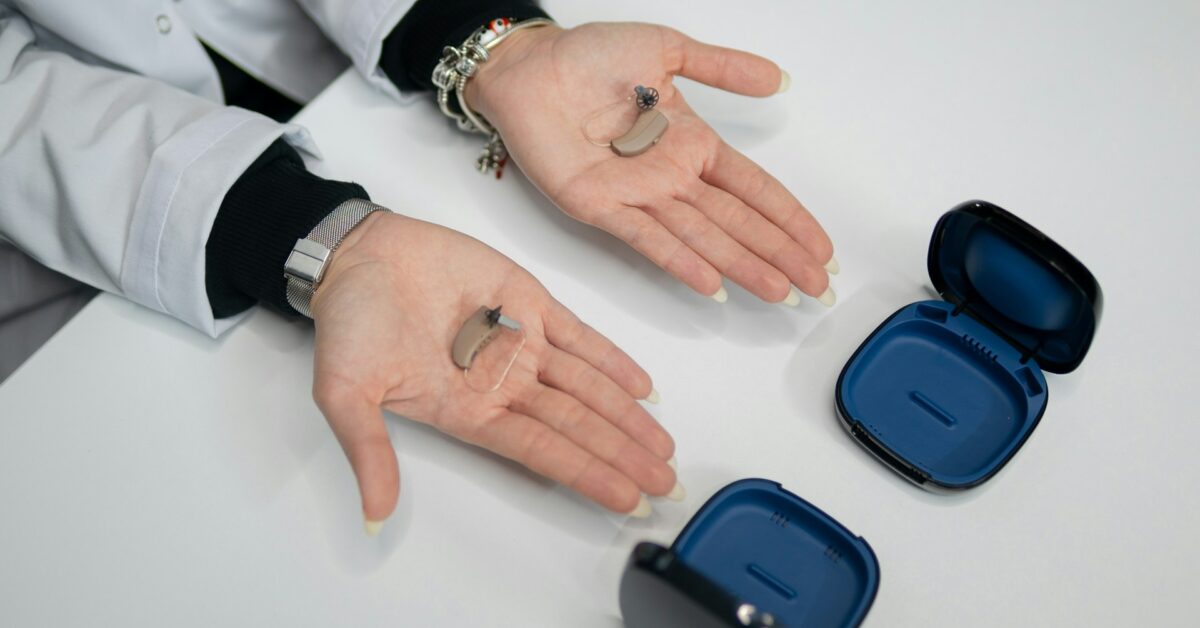People often find it frustrating when they are having a conversation with others and only catch part of what is being said. They may need hearing aids to be able to converse in noisy environments. However, when they learn the cost of these assistive devices, they might decide they can learn to live with only catching part of what is being said.
People should not let the hearing aids cost deter them from engaging fully in life. When a person understands these costs, they can make informed decisions regarding which devices to buy. What should they know when making this purchase?
Factors That Influence the Cost of Hearing Aids
Several factors contribute to the cost of hearing aids. Some devices cost a few hundred dollars, while others run several thousand dollars. Understanding these factors and determining which are essential is the first step in finding the right device for the user’s needs.
The level of technology plays a key role in determining hearing aid pricing. When a device features advanced technologies, such as Bluetooth connectivity, the price will be higher. Discreet hearing aids cost more than their larger peers, as the design is more intricate, and brand reputation also influences the cost. Men and women can now purchase hearing aids over-the-counter. If they opt for prescription models, the price may include follow-up appointments, custom fittings, and more.
When purchasing prescription hearing aids, the devices and follow-up visits account for only a portion of the overall cost. Individuals will undergo hearing tests and consultations to determine the extent of the hearing loss. They must then choose a device that addresses this loss, and many opt to purchase optional accessories. Accessories a person should consider purchasing include extra batteries, storage cases, and maintenance tools. Once the hearing aids have been purchased and worn, the individual returns to have them adjusted for comfort and functionality. They do not pay extra for these visits, as they are typically included in the price.
Individuals who purchase hearing aids over the counter find that they cost significantly less. However, they will not receive the services outlined above. Some people have great success with these hearing aids. Others, however, find they need prescription devices to hear clearly. Over-the-counter models usually work best for those with mild to moderate hearing loss. Individuals with profound hearing loss should consult with an audiologist or other trained professional to determine the most suitable device for their needs and have it customized.
Paying for Hearing Aids
Most insurance plans don’t cover hearing aids. Furthermore, Medicare rarely provides coverage for these devices, although it may cover diagnostic testing. Medicaid may or may not pay for these devices, depending on the state.
Individuals should consider payment plans offered by the medical provider or explore healthcare loans from a bank or credit union. Another option is to use a credit card offering no-interest payment plans for medical purchases. Explore these options to find one that works.
Another thing to look for is discounts and financial aid. Nonprofit organizations may have refurbished hearing aids at discounted prices. Veterans may be eligible for a discount or financial aid through their local VA healthcare system, and some senior programs offer hearing aid resources and discounts.
Being unable to hear clearly can be detrimental to a person’s health and well-being. Every person who struggles with hearing loss should have access to hearing aids. Research all available options for financing these devices. With the right help, a person can afford hearing aids and enjoy life fully again.

